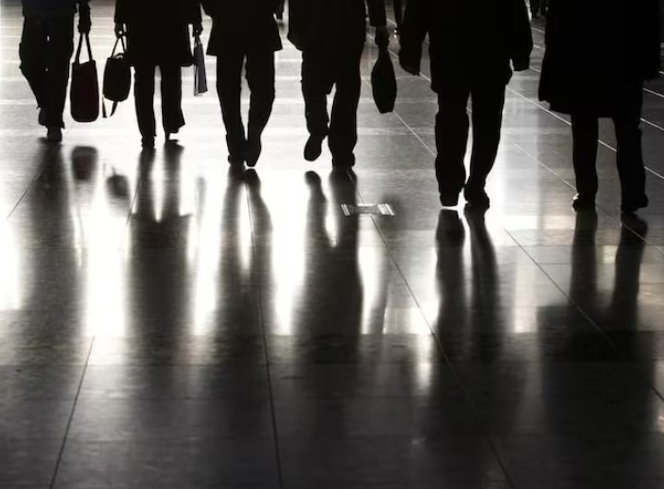Student loan debt is reshaping the career and life plans of young lawyers while also hindering their ability to save for emergencies, investments, and retirement, according to a survey by the American Bar Association (ABA). The survey, released on Monday, revealed that 68% of borrowers experience stress and anxiety due to their debt, with 67% of all young lawyers, including those without loans, feeling financial stress. Among those owing $100,000 or more, nearly half reported feeling depressed or hopeless because of their debt.
This spring, the ABA’s Young Lawyers Division, in partnership with AccessLex Institute, surveyed over 700 attorneys under 36 who were in their first decade of practice. The survey explored how debt affects financial decisions and life choices. Similar studies conducted by the ABA in 2020 and 2021 showed that many young lawyers delay or forgo major life milestones, such as marriage, children, and homeownership, due to educational debt. The 2023 study echoed these findings, with 76% of respondents admitting that debt had caused them to postpone or abandon significant life plans.
The survey revealed that 85% of respondents took out loans to finance their law school or earlier education, with the median law school loan debt at graduation totaling $112,500 and $137,500 for all loans. Additionally, 21% of respondents took out private loans for bar exam preparation, with a median loan amount of $7,500.
Alarmingly, 27% of the surveyed young lawyers reported that their student loan balance had increased since graduation, with the average rise being $46,000. Most attributed this increase to enrollment in income-based repayment plans, which cap monthly payments based on income but may not cover the loan’s principal balance.
Student loan debt in the U.S. now exceeds $1.7 trillion. Efforts by the Biden administration to reduce student loan burdens have faced significant legal challenges. In July, a federal appeals court halted a new repayment plan aimed at forgiving unpaid monthly interest for low and middle-income borrowers, among other court rulings.
As in previous studies, a higher proportion of Black and Hispanic law graduates reported taking out student loans. First-generation college students were also more likely to borrow, the survey found. Of the respondents, 18% were participating in the Public Service Loan Forgiveness program, which forgives student loan debt after 10 years of work in qualifying public service positions.
Student loan debt also influenced career choices. Three-quarters of the young lawyers surveyed said their debt caused them to change their initial career plans, while 60% placed more emphasis on salary when choosing jobs than they had anticipated. Additionally, 31% took jobs less focused on public service than they had initially intended, as public service law roles often pay significantly less than private sector positions.
Despite these financial burdens, 74% of respondents said they would still pursue a law degree if given the chance, and 65% would choose the same law school.

